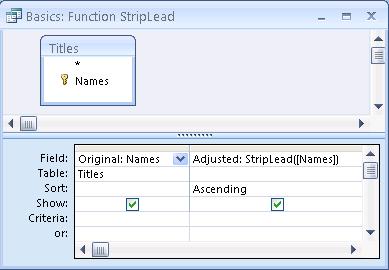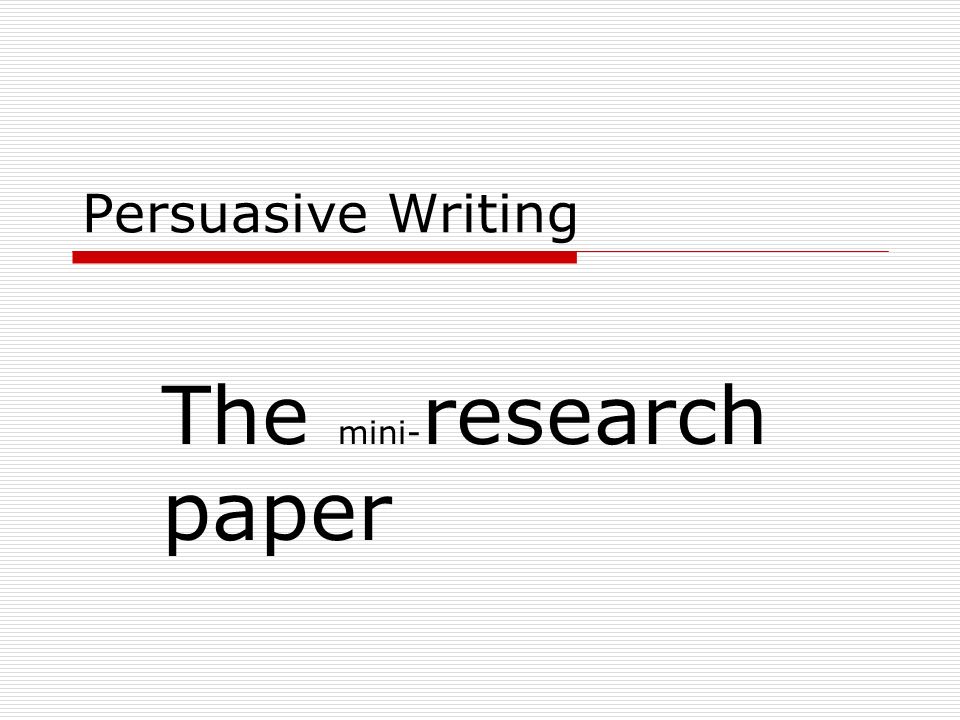John Locke - An Essay Concerning Human Understanding.
John Locke Questions and Answers - Discover the eNotes.com community of teachers, mentors and students just like you that can answer any question you might have on John Locke.A summary of Introduction in John Locke's Essay Concerning Human Understanding. Learn exactly what happened in this chapter, scene, or section of Essay Concerning Human Understanding and what it means. Perfect for acing essays, tests, and quizzes, as well as for writing lesson plans.John Locke’s most famous works are An Essay Concerning Human Understanding (1689), in which he developed his theory of ideas and his account of the origins of human knowledge in experience, and Two Treatises of Government (first edition published in 1690 but substantially composed before 1683), in which he defended a theory of political authority based on natural individual rights and.
John Lockes Philosophy Of Education Philosophy Essay. 2397 words (10 pages) Essay in Philosophy.. John Locke was a great education on several counts. In an immediate sense he was himself a practitioner and publicist of good education.. Locke’s theory: According to Locke, when we say, we are looking at an external object, what we are.Locke’s Proof Against Innate Mathematical Knowledge John Locke proves that mathematical knowledge is not innate in An Essay Concerning Human Understanding by contrasting Plato’s theory to learning through sensation and perception, thus curating the theory of empiricism.

Furthermore, the Aristotle’s theory mentioned in this essay is also supportive of the idea presented by Locke. The outcome of all the debate is that even if there is a difference between the primary and secondary qualities it is mighty difficult to determine the point of difference between the two.












